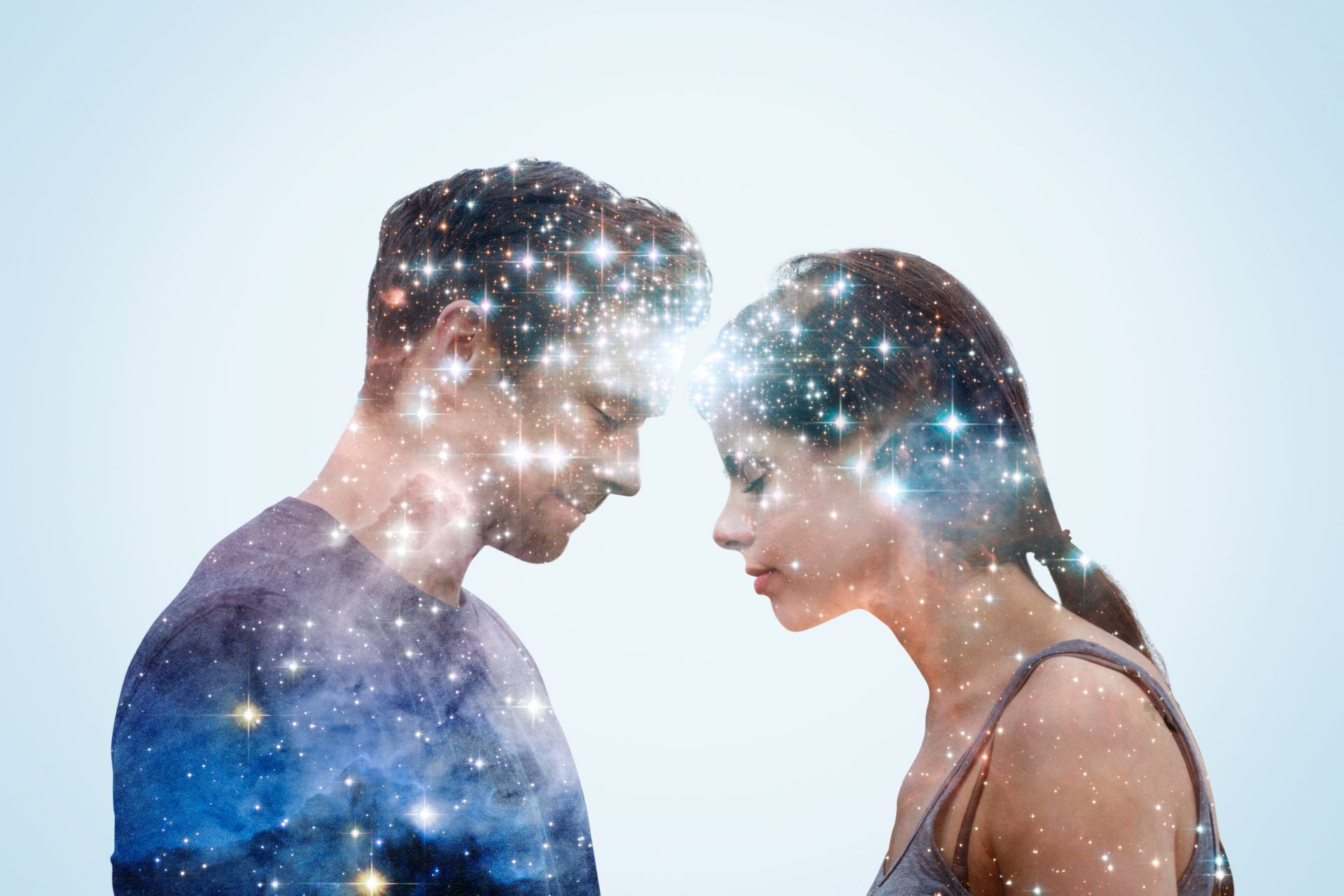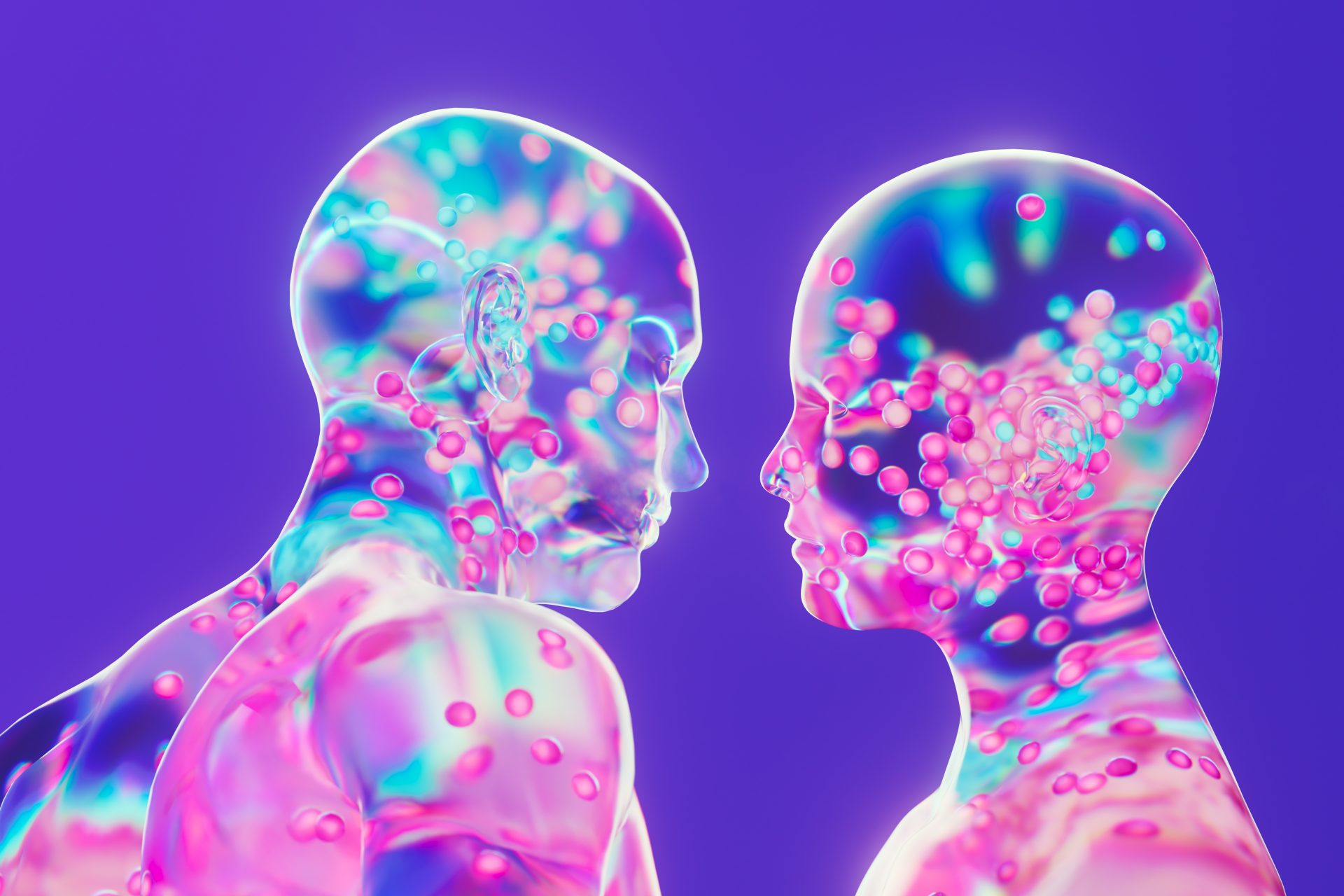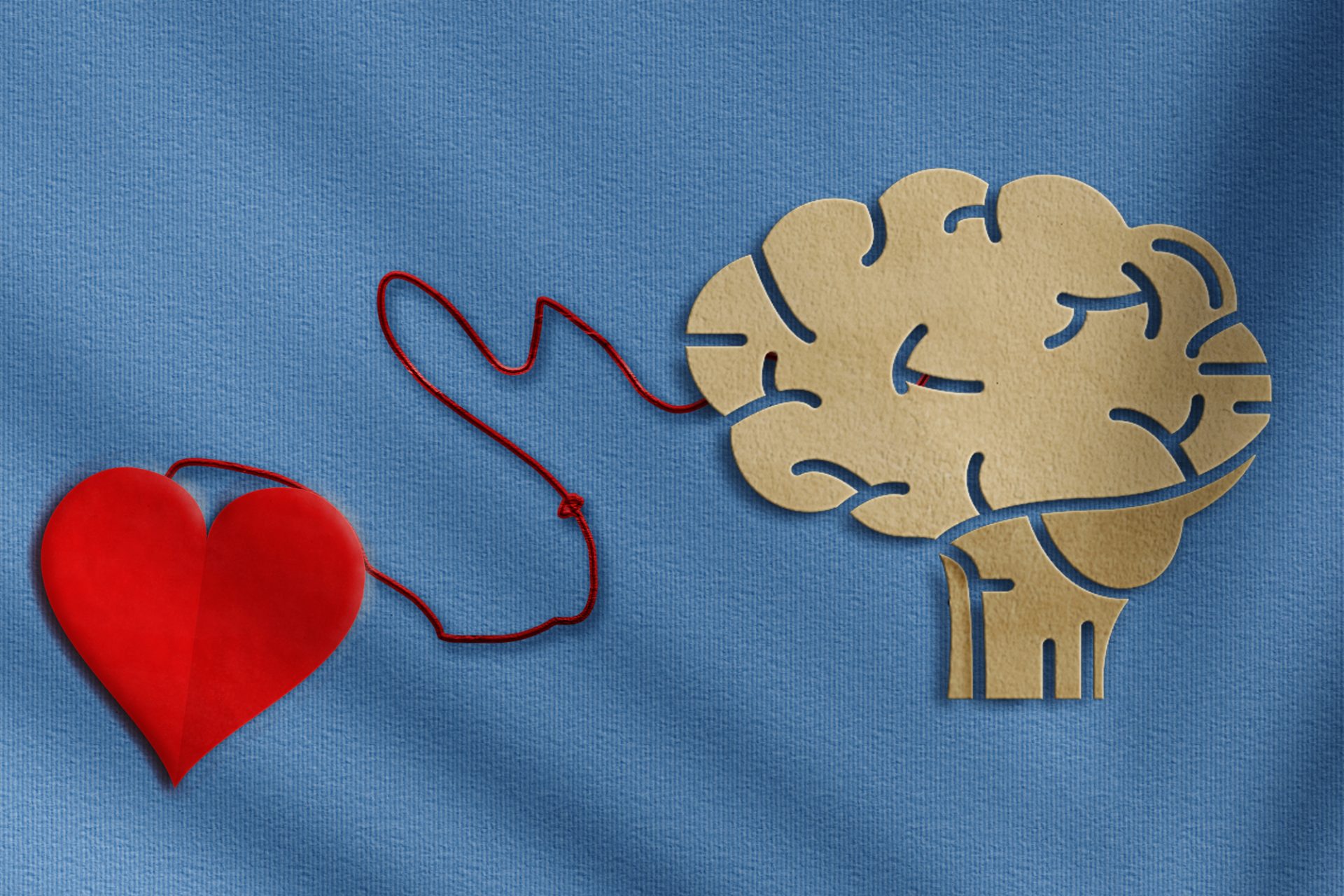Does passion only last 15 months? A look at what science says...
The term passion refers to a strong feeling of attraction for a person, object or theme. Among human beings, it is characterized by involving sexual desire, in an intense way.
In fact, the feeling is so intense that it activates the continuous release of neurotransmitters, such as norepinephrine, which changes our physiological and mental state.
Photo: Unsplash - Jonathan Borba
The curious thing is that, according to scientist Sara Teller, from the University of Barcelona, the hormone released in a person in love is the same one that acts in those suffering from stress.
Just like a stressed person, a person in love also feels the physical effects of increased norepinephrine, with tachycardia, heart palpitations and increased blood pressure, according to a report in the Brazilian newspaper O Globo.
It's not uncommon to hear from someone in love that they've lost sleep. Insomnia is, in many cases, a recurring symptom of passion.
In fact, the person in love doesn't just lose sleep. In an interview with the newspaper La Vanguardia, neuroscientist Sara Teller said: "When we fall in love, the front part of the brain, dedicated to reason, becomes more switched off, and that is why it is said that, when we fall in love, we lose a little of the discernment".
Researcher Sara Teller is a physicist and has a doctorate in neuroscience, as well as being one of the authors of the book: 'The brain of happy people: how to overcome anxiety with the help of neuroscience'.
If, on the one hand, passion helps us pursue our desires and pleasures, on the other, it is capable of causing a strong addiction.
A passionate brain also contains high doses of dopamine. This substance is known as one of the happiness hormones, because when released it causes a feeling of pleasure and satisfaction. It is the same substance released with the use of certain drugs.
"On an evolutionary level, dopamine has been very good for us, because it helps us carry out vital functions, such as eating, drinking, having sex. The downside is that it is addictive, we always want more, and this puts happiness in the future, preventing us from enjoying the present," Teller added.
Such physiological reactions explain why people in love tend to suffer from anxiety. In fact, if the brain remained under these conditions for too long, it could threaten its survival.
If a person remained constantly in love, their mental faculties would change and they would stop acting normally, damaging their personal life and work.
Thus, as pointed out by anthropologist and biologist Helen Fisher, approximately 12 to 15 months after the beginning of passion, there is a decrease in hormonal levels. This causes the brain to regain its normal activity, providing a clearer vision of the person next to you.
Helen E. Fisher is a professor of anthropology and human behavior researcher at Rutgers University. Her study focuses on romantic attraction and love, with more than 30 years of research. She is the author of several books, one of which is widely known in Brazil, titled 'Why We Love: The Nature and Chemistry of Romantic Love.'
This hormonal transition does not necessarily result in apathy or detachment, but it can allow for a more peaceful and lasting love.
According to neuroscience, after the initial phase of intense emotions, new changes occur in brain biochemistry. With the drop in dopamine and norepinephrine levels, the prefrontal cortex regains its normal activity, interfering with the production of hormones that trigger passion.
That's when emotions decrease in intensity. If the couple overcomes this phase and continues together, another hormone comes into force, oxytocin, responsible for attachment and empathy.
According to the Brazilian newspaper O Globo, neuroscientist Eduardo Calixto, post-doctorate in Brain Physiology at the University of Pittsburgh, USA, reported that there are three essential elements for the longevity of a relationship: physical attraction, intellectual appreciation and mutual recognition of success in their professional careers.
More for you
Top Stories































